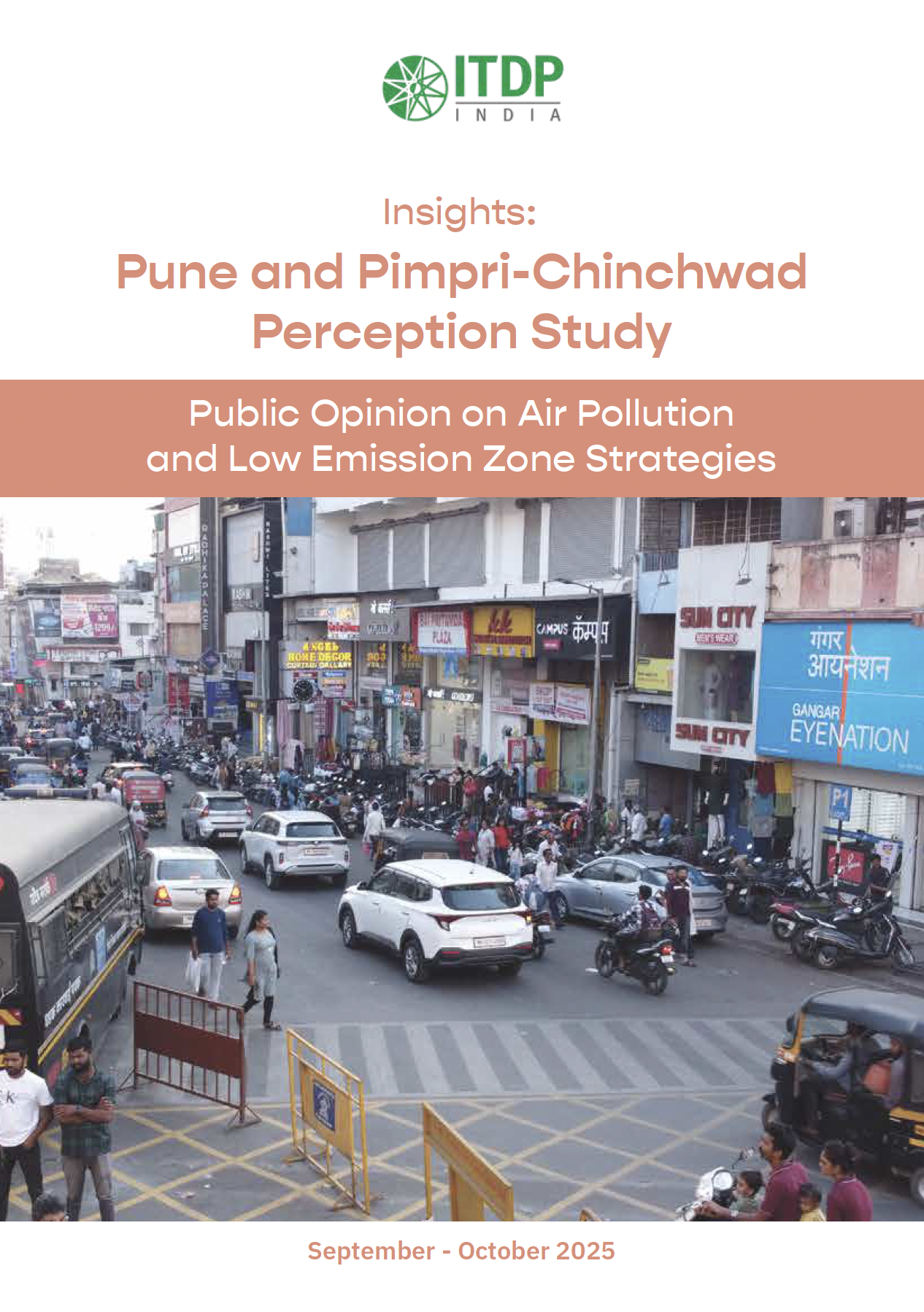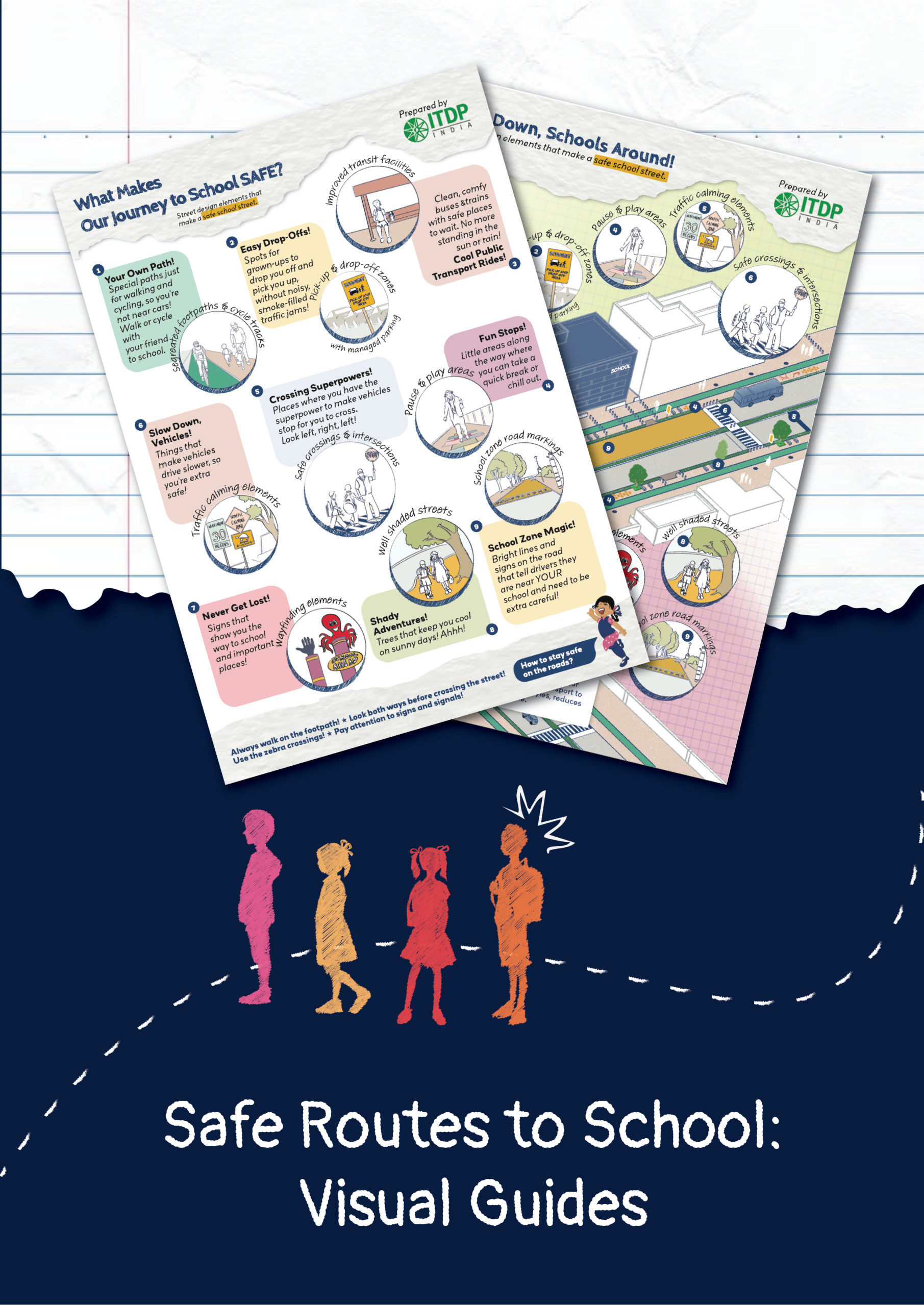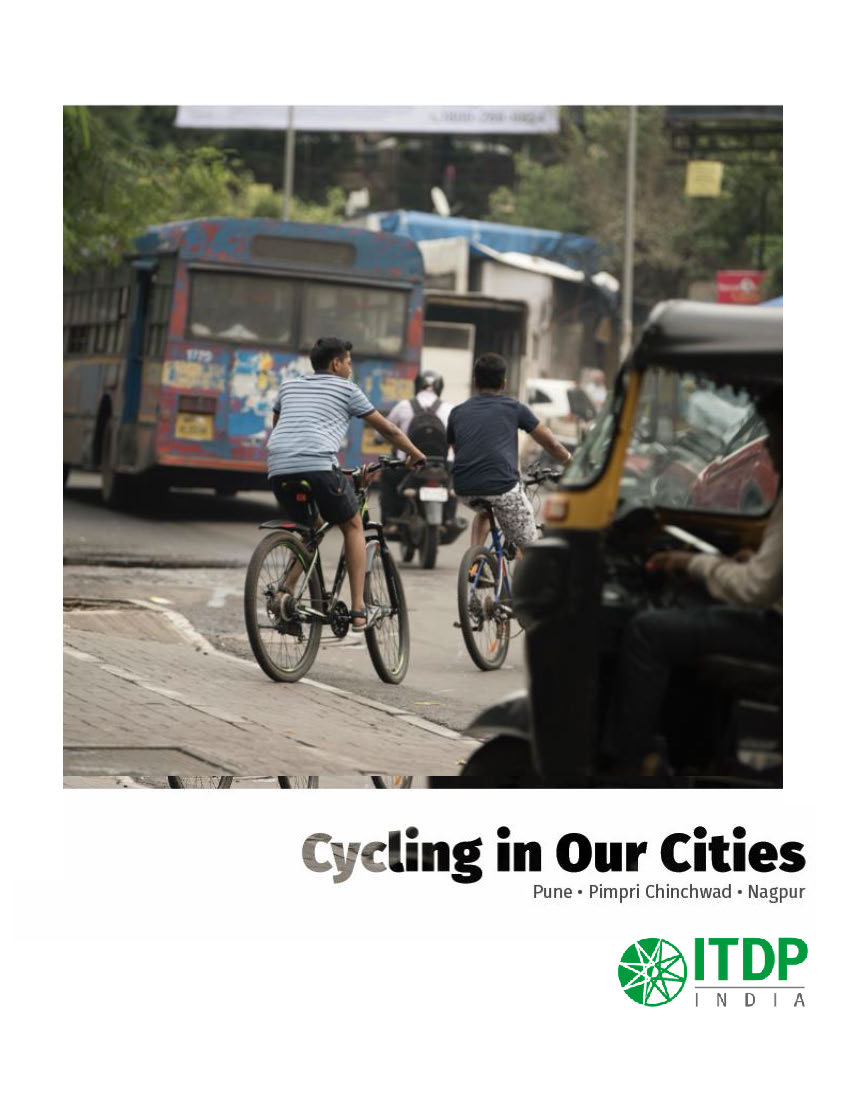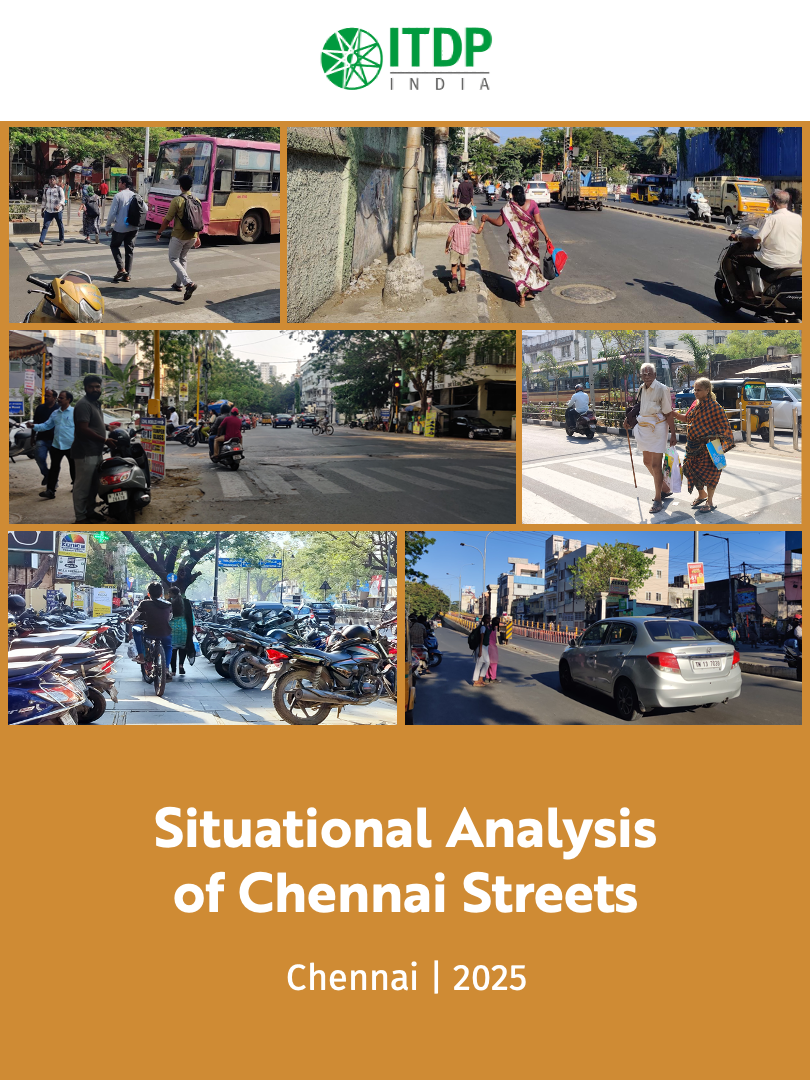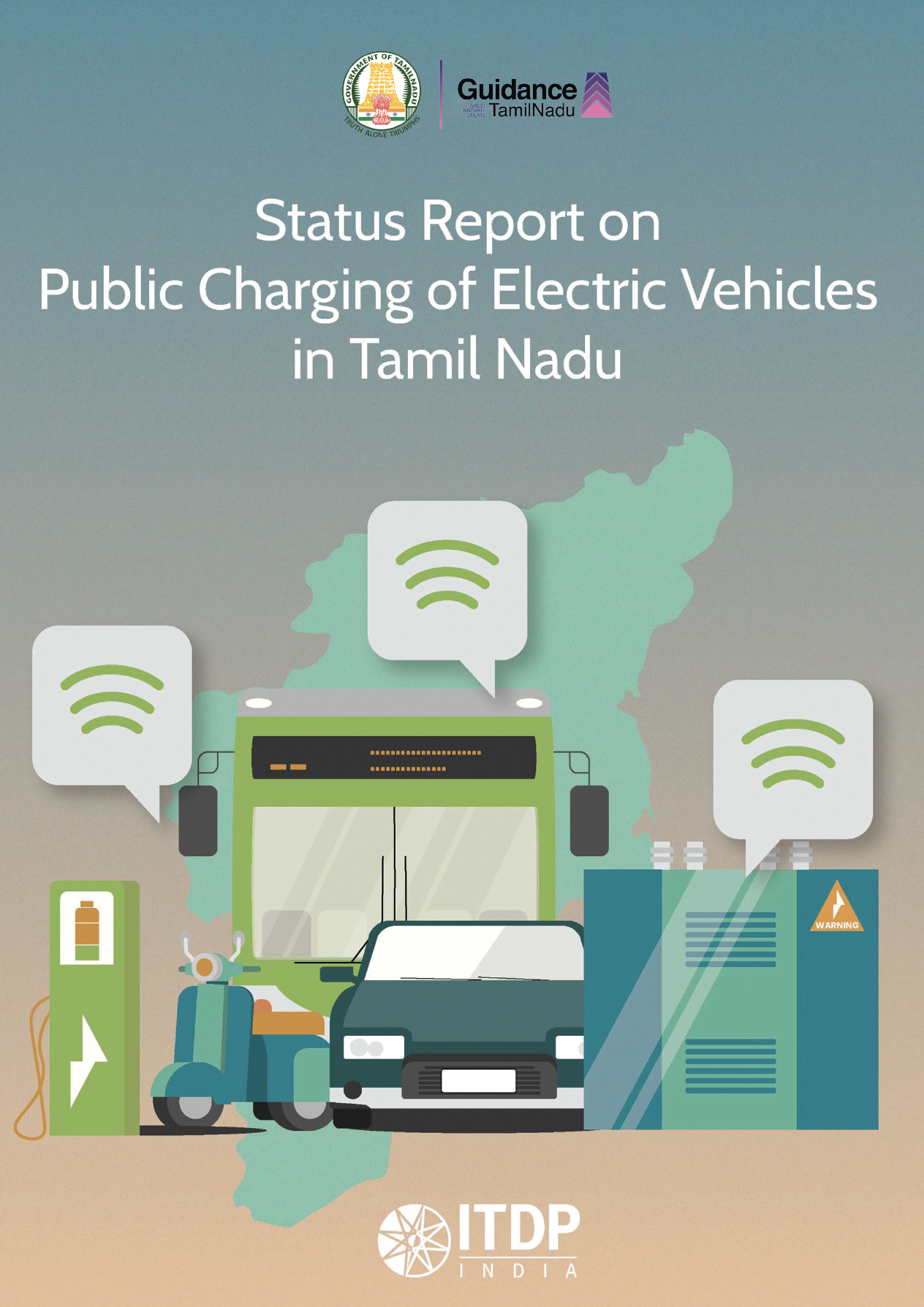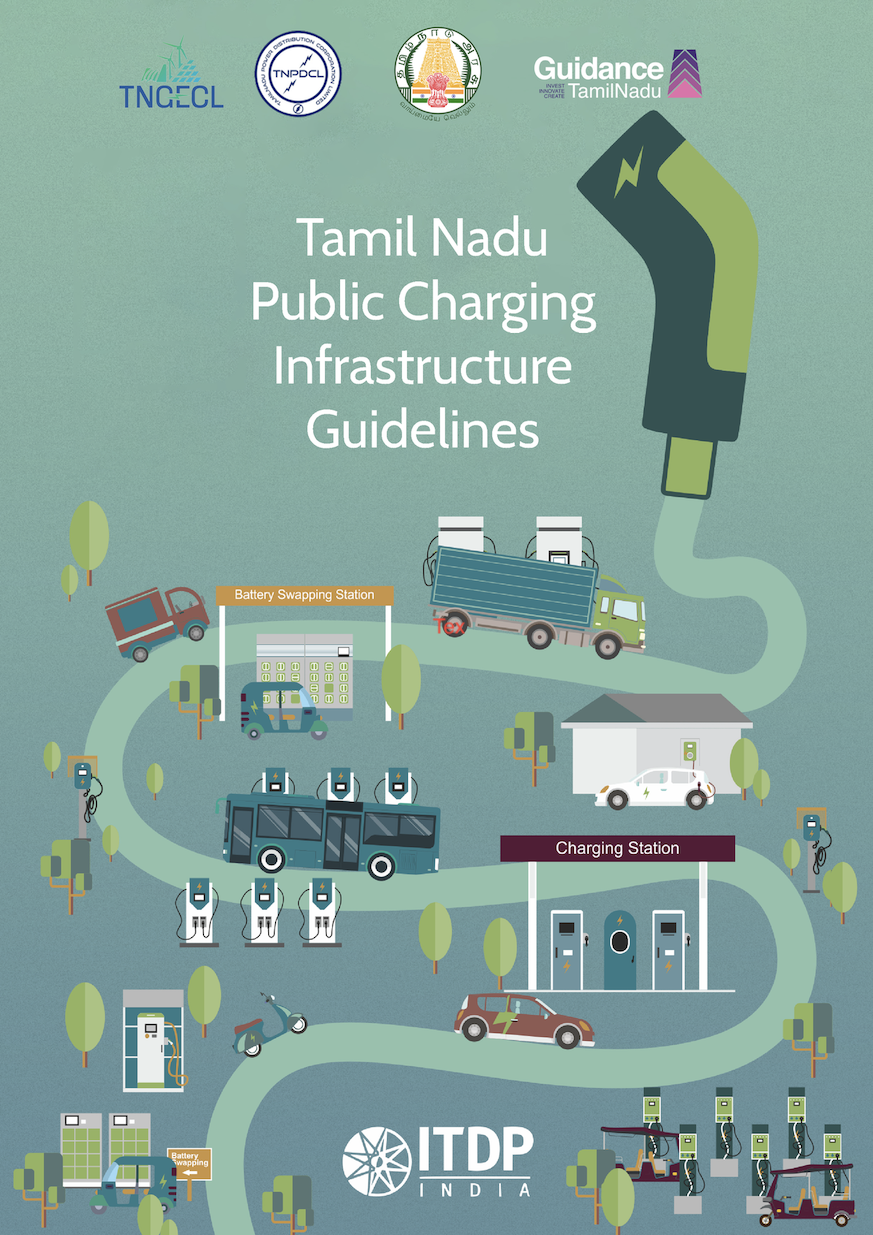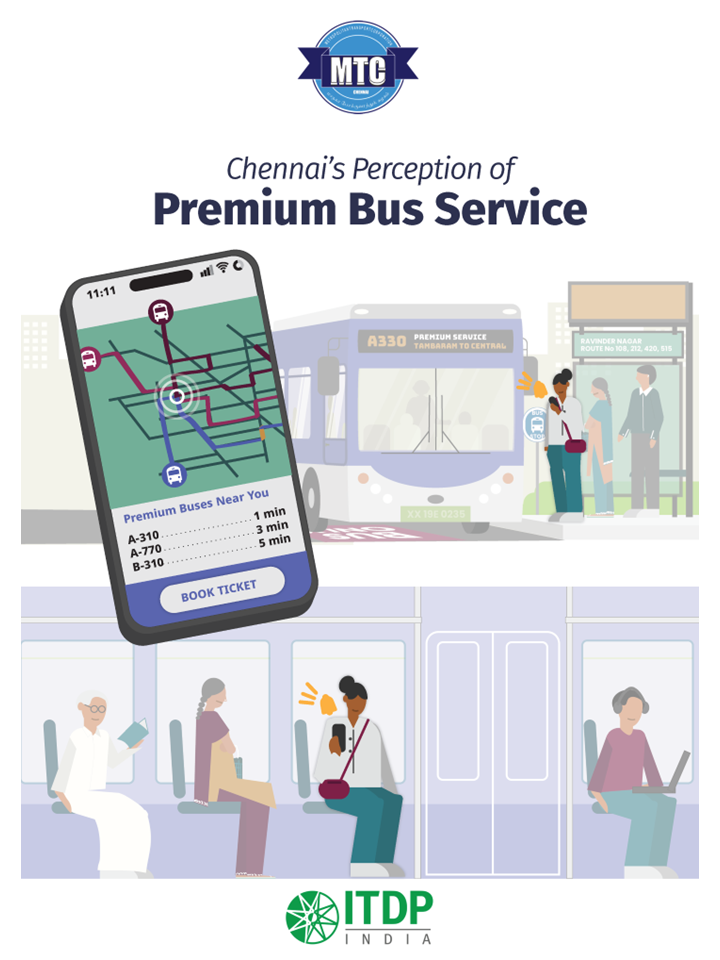Want to discover the newest features of Chennai’s Pedestrian-First High Street? Choose between a self-guided audio tour and a virtual tour, led by our tour guide Varsha!

To experience KNK street from the comfort of your home:
Head to Our Virtual Tour on Youtube
To begin the self-guided audio tour, head to the first stop on Khader Nawaz Khan Road. Once you’ve arrived, scroll down and press play on the first audio.
If you have lost your way,
or don’t have a clue,
the route map above will be there to guide you!
Happy listening!
Stop 1 / Welcome to Khader Nawaz Khan Pedestrian First High Street
Find Stop 1 on the map.
Stop 2 / KNK: A Complete Street
Find Stop 2 on the map.
Stop 3 / Essential services are now efficient services.
Find Stop 3 on the map.
Stop 4 / A place to gather
Find Stop 4 on the map.
Stop 5 / Hidden details
Find Stop 5 on the map.
Stop 6 / End and Walk Back
Find Stop 6 on the map.
Created by Tejesvini Ravi, Associate, and Donita Jose, Senior Associate, ITDP India.
Voiceover by Varsha Jeyapandi, Senior Associate, ITDP India.
Technical inputs by Shivani Balasubramanian, Associate, ITDP India.
Conceptualised by Donita Jose, Tejesvini Ravi and Varsha Jeyapandi.
Video footage shot by Ally Production.
In collaboration with Greater Chennai Corporation.






